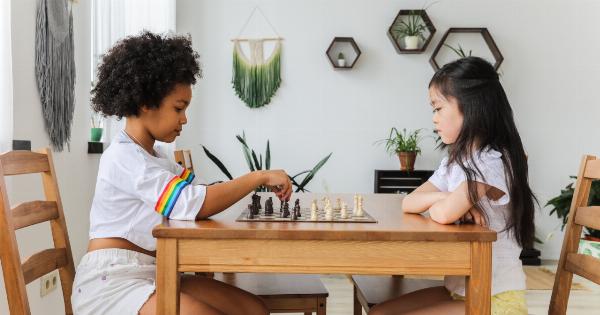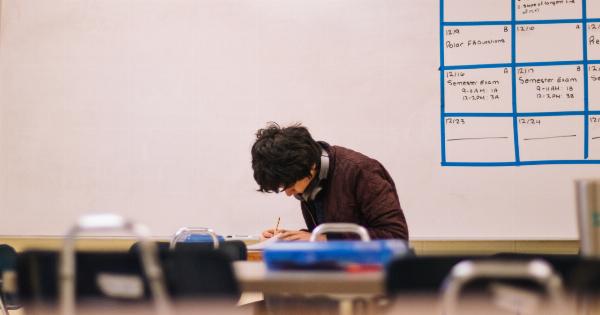For many children, learning in school can be a challenging experience. Whether it is difficulty reading, writing, or basic math skills, some students struggle to keep up with their peers.
As a parent or teacher, it can be difficult to know how to best support these students. Here are some strategies and tips for helping children with learning challenges:.
1. Identify the Learning Challenge
The first step in helping children with learning challenges is to identify the specific area where they are struggling. This can be done through formal or informal assessments, as well as through observation.
Once you know what the challenge is, you can start to develop a plan for addressing it.
2. Build Strong Relationships
Building strong relationships with children who are struggling to learn is essential. These children may feel frustrated, embarrassed, or even ashamed about their difficulties.
It is important to create a safe and supportive environment where they feel comfortable asking for help.
3. Use Multisensory Approaches
Children with learning challenges often benefit from multisensory approaches to learning. Incorporating visual, auditory, and kinesthetic activities can help them better understand and retain information.
For example, a child who struggles with reading may benefit from using colored overlays to make text more visually appealing.
4. Provide Frequent Feedback
Children with learning challenges often require more frequent feedback than their peers. Offering positive reinforcement and specific praise can help build their confidence and motivate them to keep working hard.
Additionally, providing constructive feedback that focuses on specific areas for improvement can help children see their progress and feel more successful.
5. Break Tasks into Smaller Steps
Large tasks can be overwhelming for children with learning challenges. Breaking tasks into smaller, more manageable steps can help them feel less anxious and stressed.
It can also help them see the progression of their work and feel more accomplished as they complete each step.
6. Offer Support and Accommodations
Depending on the specific learning challenge, children may benefit from additional support and accommodations. This could include things like extra time on tests, preferential seating in the classroom, or assistive technology.
These accommodations can help level the playing field and give children with learning challenges more opportunities for success.
7. Focus on Strengths
Children with learning challenges often have unique strengths and talents. Focusing on these strengths can help build their confidence and self-esteem.
Highlighting these strengths can also help them see that their learning challenge does not define them or limit their potential.
8. Collaborate with Colleagues
Collaborating with colleagues can be an effective way to support children with learning challenges. This could include working with special education teachers, school psychologists, and other professionals.
Collaborating with parents is also important, as they can provide valuable insights and support.
9. Seek Professional Help
In some cases, children with learning challenges may require additional professional help. This could include working with a tutor, a therapist, or an educational therapist.
Seeking help from these professionals can provide children with individualized support and strategies.
10. Celebrate Progress
Celebrating progress, no matter how small, is incredibly important for children with learning challenges. This can help build their confidence and motivate them to keep working hard.
Celebrating progress could include things like stickers, certificates, or a special activity.
The Bottom Line
Children with learning challenges require unique support and strategies to help them succeed in school. By using a multidisciplinary approach and focusing on their strengths, parents and teachers can help these children reach their full potential.































